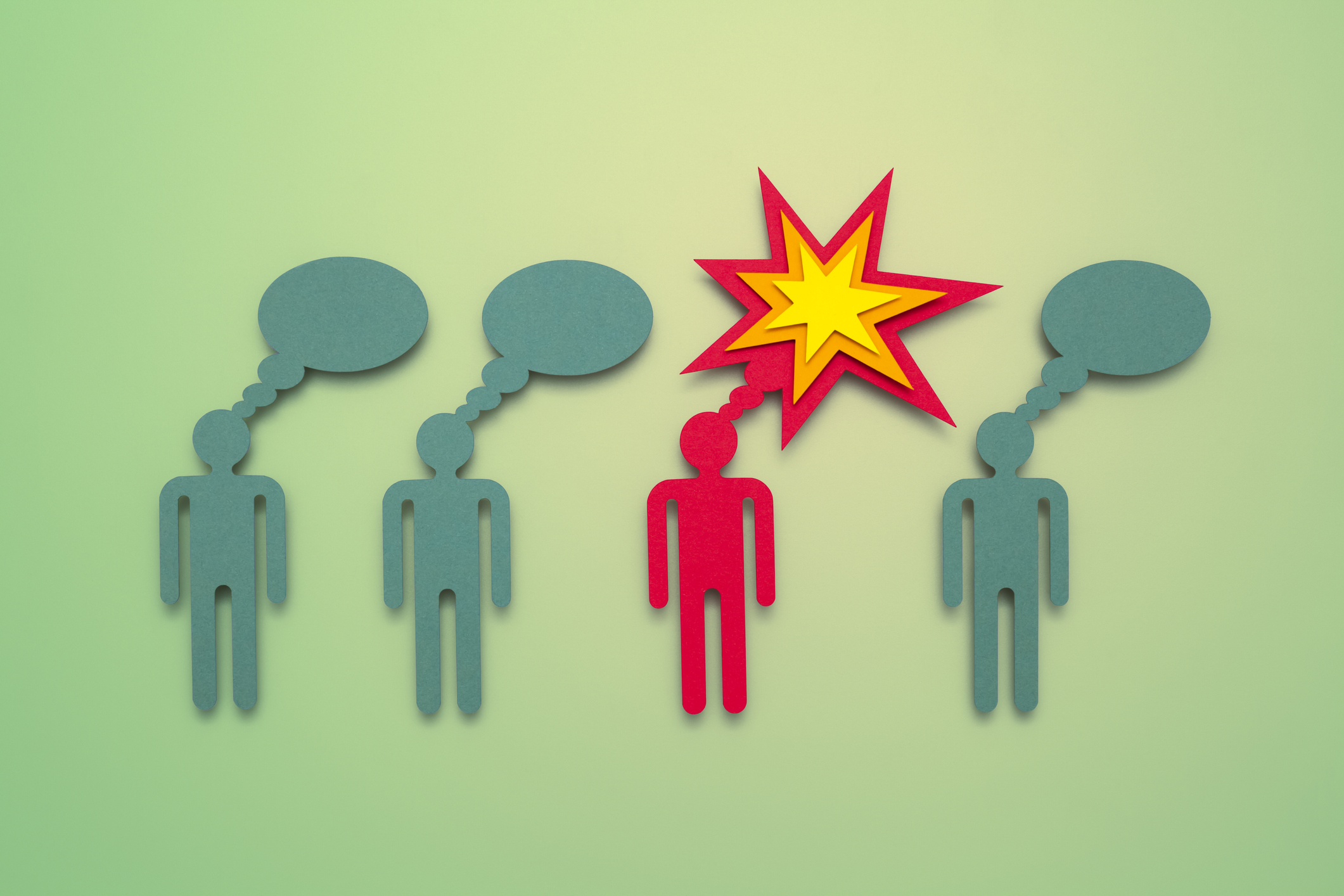Many of us don’t know exactly why we take the actions we do. From overeating when you’re not hungry, to having yet another drink on a weeknight, or texting someone we know we shouldn’t be texting, controlling impulsive behavior can be a tremendous challenge.
Why do we act on these impulses? There are a range of reasons, and understanding which of them apply to you can help you figure out how to best address your impulsivity.
Reasons for Impulsive Behavior
Impulsive behaviors can be a sign of mental illness, a part of our genetic make-up, or rooted in our personality. Below are the main reasons impulsivity exhibits itself in our lives.
Biology
Some people are wired to be more impulsive than others. There is a “sensation seeking” personality type, and you know it if you have it. As a kid, you were the one who took everyone’s dares without a second thought. As a teenager, you got points on your license for speeding, or drank until you threw up at house parties.
As an adult, you are still wired for impulsivity. You probably have a parent who is wired similarly, as this type of personality trait, like many traits, has a significant genetic component.
Depression
When you are feeling depressed, engaging in some novel, impulsive behavior can give you a brief dopaminerush. You are basically self-medicating your depression with impulsive behaviors, like overeating, drinking to excess, hooking up with someone you don’t really like, or engaging in any other reckless behavior.
Unfortunately, and predictably, this high wears off quickly and the depression remains.
ADHD
People with ADHD are predisposed to be impulsive. They may blurt things out that they later regret saying, make spur-of-the moment decisions, or engage in substance abuse.
Untreated ADHD can make people feel like they aren’t in control of themselves, which is a scary feeling.
Personality disorders
Impulsivity is a hallmark of certain personality disorders, like Borderline Personality Disorder (BPD). The specific type of impulsivity usually resembles self-sabotage.
For instance, someone with BPD may terminate a relationship after one fight, or quit a job on an impulse after feeling insulted by a boss. Also, the suicide attempts and threats that are characteristic of BPD are impulsive in nature, stemming directly from fears of abandonment.
Lack of confidence
Sometimes people feel insecure or indecisive, so they make impulsive decisions in order to save face and act more confident and in control than they feel.
For example, someone who is very insecure about their job performance may impulsively quit, rather than risk a poor job evaluation and the associated embarrassment. This type of impulsivity is primarily done out of avoidance and fear of rejection.
Seeking Help for Impulsive Behavior
If you struggle with impulsive behavior, it’s important to understand what is motivating your impulsivity. Of course, someone who has ADHD will need to address their impulsivity in a different way than someone who is struggling with low self-esteem, and the tendency to self-sabotage.
Therapy can be helpful in getting to the root of your impulsive behavior and figuring out ways to reduce the desire to act on it. You don’t have to be at the mercy of your own impulsivity forever. Instead, you’ll feel more in control of your own behavior, and your own life.
Originally published on Talkspace.
More from Talkspace:
Good Mental Health: 12 Therapist-Approved Tips
5 Ways to Set Realistic Mental Health Goals
How My Therapist Helped Me Become The Best Single Mom I Could Be
Follow us here and subscribe here for all the latest news on how you can keep Thriving.
Stay up to date or catch-up on all our podcasts with Arianna Huffington here.


